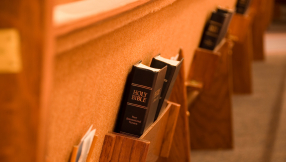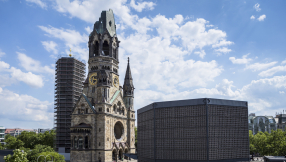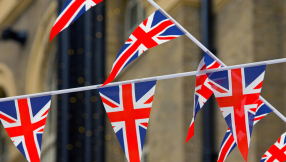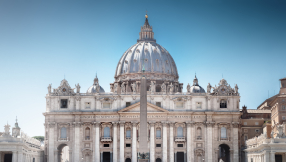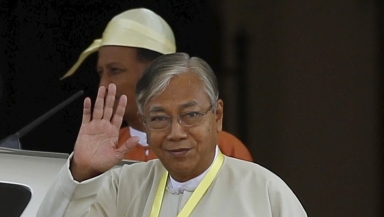
The Burmese government have been urged to repeal laws which hinder religious freedom by a coalition of groups at the United Nations Human Rights Council (HRC).
Christian Solidarity Worldwide (CSW), a religious freedom charity, signed a joint statement alongside the Jubilee Campaign, a charity for persecuted Christians, which called for the government to promote freedom for all religious groups.
The statement came as Burma went through its universal periodic review (UPR). Under the UPR process every member country has its human rights record reviewed. However the Burmese government has not accepted all of the recommendations and CSW says many of the rejected suggestions "carry utmost importance" for religious freedom.
On top of that 35 of the rejected proposals relate to the rights of the Muslim Rohingya, a persecuted minority in Burma.
At a side event at the UN HRC, a panel of activists which included Cardinal Charles Maung Bo, a Catholic leader in Burma, spoke on the importance of religious freedom.
Bo said: "Whatever the perspectives – and there are, within my country, a variety of perspectives – about the origin of the Rohingya people, there cannot be doubt that those who have lived in Myanmar for generations have a right to be regarded as citizens, and that all of them deserve to be treated humanely and in accordance with international human rights."
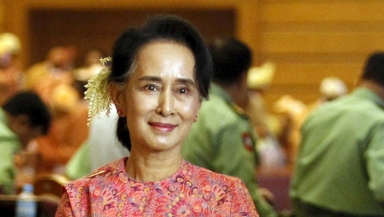
On Tuesday Burma's first civilian president for 70 years was nominated, ending decades of totalitarian military rule.
Benedict Rogers, CSW's East Asia team leader said: "This is an exciting and yet a critical time in Burma. The country faces at long last the arrival of a democratically elected government, and yet the military retain a very key role in the governance of the nation.
"There is at long last a realistic hope of change, and yet many challenges still remain. Religious intolerance and ethnic conflict are two of the major challenges for the country," said Rogers.
"We hope that the new government will find ways to promote unity in diversity, equal rights for all, a federal solution for the ethnic conflict, action to address hate speech and prevent discrimination, and policies to promote inter-religious harmony, freedom of religion or belief, and peace."










